Economic assessments and forecasts
In its 10 years of EU membership, Romania has gradually made up for the gaps that used to separate it from the developed countries, at least in some areas, such as agriculture.

România Internațional, 21.06.2017, 13:19
Romania has constantly made up for the gaps that used to separate it from the developed nations, a process that was not even halted by the global financial crisis, the vice-governor of the National Bank of Romania, Liviu Voinea, told a conference about the country’s 10-year membership of the European Union held in Bucharest. He explained that, as far as the monetary policy is concerned, Romania has no other option but to join the eurozone, which has been one of this country’s aims ever since it joined the Union.
Liviu Voinea: “Romania’s place is in the eurozone. The decision to adopt the euro was already taken when we joined the European Union. Adopting the euro is not, however, a universal remedy. It will not ensure the country’s prosperity by itself. It is for us to ensure our own prosperity before joining the eurozone. We need to continue structural reforms before adopting the euro so we can reach a higher level of convergence in terms of incomes and economic structure and move closer to the conditions of an optimal monetary area.”
Voinea explained that joining the eurozone is not merely about using a different currency, but involves a complex process with diverse and profound implications that can only be triggered through a political decision based on wide consensus in society. Deputy Chief of Mission with the US Embassy in Bucharest Dean Thompson, who attended the conference, said Romania is very stable on the current financial market. The current framework, he added, will attract the foreign investment the country needs, while also giving it the possibility to absorb the European funds available in the 2014-2020 period.
In Thompson’s opinion, Bucharest must encourage its citizens who now live and work abroad to invest in their home country by creating a fair and competitive environment, devoid of corruption. He said he was confident that the infrastructure will be created that will allow Romania to become a leader on the European energy market. Achim Tröster, the Deputy Head of Mission of the German Embassy in Bucharest, also believes Romania still has a big growth potential, which needs, however, to be cultivated.
He said Germany wants Romania to become a stronger and more modern partner and one that would actively contribute to the consolidation and future of the European Union. In another move, a report by KeysFin, a business information service based in Bucharest, shows that Romanian agriculture is becoming increasingly profitable. Business in the cereal sector has doubled in Romania in the last seven years to account for around 3.5 billion euros in 2015. More than 7,000 businesses employing over 40,000 people are active on this market at the moment. Compared with 2009, the number of such businesses has grown by almost 30%. The report shows that, according to the latest figures published by the European Commission, at the end of May this year, Romania was the main exporter of cereals in the Union.






























